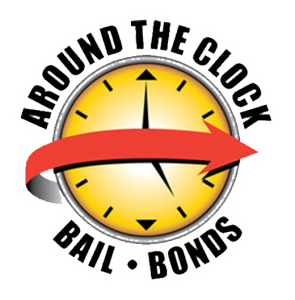What Is An Arrest Warrant?
An arrest warrant is a legal document issued by a Judge. It gives law enforcement the authority to arrest the person named in the warrant. The warrant states that a crime was committed, the date it was committed, and that there is probable cause to believe that the person named in the warrant committed the crime. The warrant will specify the exact crime and indicate whether it is a felony or misdemeanor.
Individuals who are aware they have an outstanding warrant may arrange to do warrant walk though with a bondsman which will clear the warrant rather than wait to be arrested. This may gain favor with the Court and increase their chances of getting bail. It shows that they are not attempting to run from the law, which is one of the factors the Court looks at when determining bail.
How is one issued?
A warrant is usually issued at the request of law enforcement. Officers present evidence to a Judge. If the Judge finds that, based on the statements and evidence presented, probable cause exists to suspect the individual named in the warrant, the Judge will sign the warrant.
What happens next?
The suspect, once in police custody, may be asked to give a statement, which is not required. The suspect may invoke the right to remain silent and ask for an attorney. The suspect will usually be taken before the Magistrate Judge on the next business day for an arraignment and bail determination. The suspect is now called a defendant.
The Magistrate Judge can do one of the following:
- Release the defendant on his/her own recognizance. This can occur if the crime is very small and the defendant has no prior record, is prominent in the community, is in good standing and otherwise not a flight risk.
- Set bail at specific amount. The defendant can either arrange to pay the entire amount, which will be returned once the case is over, or pay a percentage of the amount to a bail bondsman. If the defendant absconds, the bondsman is responsible to the Court for the entire bail amount. The bondsman option is attractive for defendants who cannot afford to pay the entire bail amount up front.
- Deny bail. The defendant can then request a formal bail hearing. Because the two main factors the Court considers when determining bail is whether the defendant is (1) a danger to the community and (2) a flight risk, the defendant will want witnesses at the hearing who can demonstrate that the defendant is peaceful, mild-mannered and has sufficient connections to the community that he/she would not abscond. Such connections can be demonstrated by showing that the defendant works in the area, goes to a local school or church and has family or friends in town.
How do you clear up a warrant?
Call a bail bondsman to arrange a warrant walk through which will clear the warrant and set a court date for you to resolve the case in court.


